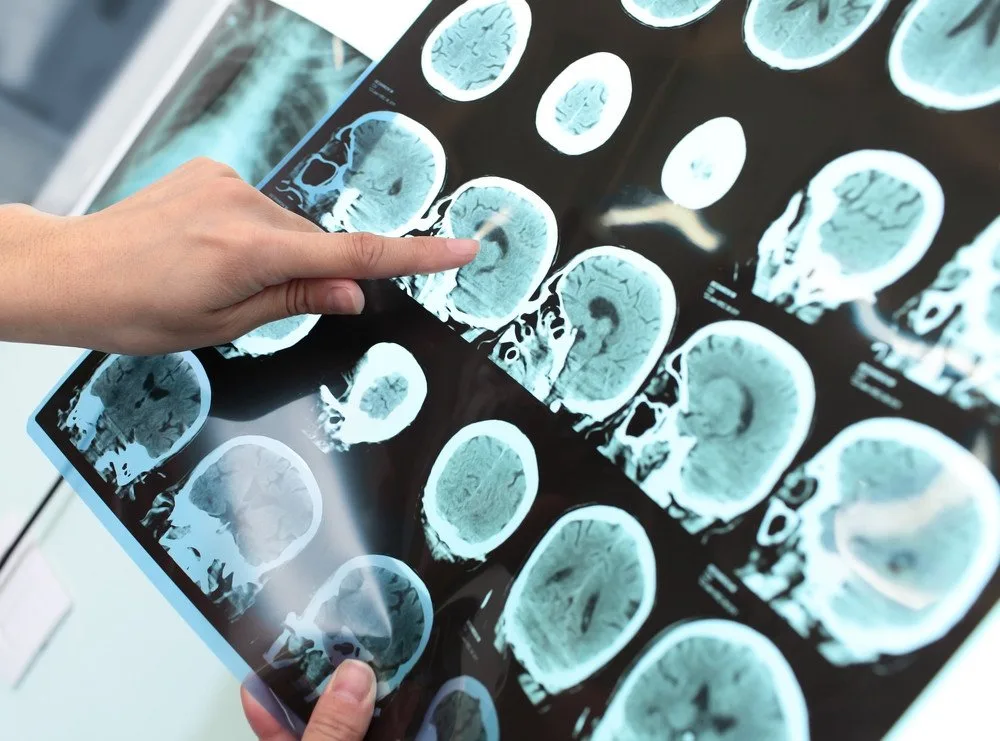Despite five years having passed, the world continues to reel from the COVID-19 pandemic, with many still dealing with the long-term impact of being infected with the SARS-CoV-2 virus. However, the pandemic’s effects won’t only be limited to infections. It has also triggered lockdowns, social isolation, economic worries, and increased anxiety, all of which may have aged our brains.
COVID-19 has aged our brains
A recent study suggests that the 2020 pandemic may have aged our brains, and this article explores the study’s findings and what this may mean for the health of our brains.
While previous studies have examined the biological and neurological effects of COVID-19 infections, not many studies have explored how the pandemic period aged us.
With that, after collecting brain scans from 996 healthy participants from the UK Biobank study who were scanned before and during the pandemic, researchers from the University of Nottingham compared these scans to the brain scans of a control group. This group was scanned twice before the pandemic began.
Accelerated Brain Aging
They then trained a computer program to predict brain age based on the images. The results, published in Nature Communications, revealed that the participants in the pandemic group had experienced brain aging of 5.5 months, compared to the control group. Their brain aging had accelerated to about 7 to 8 days per year, which is double the normal rate.
“We found that participants who simply lived through the pandemic period, regardless of infection, also showed signs of slightly accelerated brain aging. This highlights that the broader experience of the pandemic-including disruptions to daily life, stress, reduced social interactions, reduced activity, etc., – may have had a measurable impact on brain health.” – Ali-Reza Mohammadi-Nejad, co-author of the study
It should be noted that these findings remained the same regardless of COVID-19 infection, with people who never tested positive for COVID-19 displaying similar brain aging patterns to those who did contract the virus. However, it should be noted that the individuals who were infected with the virus were the only ones who showed drops in cognitive skills.
Men and Disadvantaged Communities Age Quicker
The findings also uncovered significant disparities, with men, older people and disadvantaged individuals experiencing the most brain aging.
Older people typically have poorer health, and the men displayed greater acceleration, particularly in gray matter, which is vital for memory, emotions, and movement. The researchers believe this may be because men may be more susceptible to stress-related brain aging and neuroinflammation.
Regarding the disadvantaged people, the pandemic worsened already existing economic inequalities and disparities, so these added economic and health stressors most likely triggered accelerated brain aging.
A Healthy Environment for Your Brain
“[Our study] adds to our understanding of public health by reinforcing the importance of considering mental, cognitive, and social well-being alongside traditional physical health indicators during future crisis-response planning.” – Ali-Reza Mohammadi-Nejad
While accelerated brain aging may be reversible, the researchers have yet to determine whether these particular changes can be reversed. Thus, they look forward to future studies that will better determine the lifelong impact of pandemic-related brain aging.
Regarding the disparities noted in the study, the findings underscore the need for targeted solutions that support vulnerable communities during health crises. In the meantime, Mohammadi-Nejad suggests to TIME that a healthy diet, exercise, adequate sleep, and social and cognitive interactions are essential strategies in supporting brain aging.
Want to know more?
While vaccines are more commonly associated with preventing infectious diseases, researchers are also using them to help reverse the aging process, as this approach can have lasting effects. A recent animal study suggests that the secret to longevity may be found in a vaccine.
References
Mohammadi Nejad, A.R., Craig, M., Cox, E.F., Chen, X., Jenkins, R.G., Francis, S., Sotiropoulos, S.N., & Auer, D.P. (2025). Accelerated brain ageing during the COVID-19 pandemic. Nat Commun. 16. DOI: 10.1038/s41467-025-61033-4, https://www.nature.com/articles/s41467-025-61033-4
Park, A. (2025). COVID-19 Made Our Brains Age Faster. [online] TIME. https://time.com/7304417/covid-19-brain-effects-aging/



![women [longevity live]](https://longevitylive.com/wp-content/uploads/2020/01/photo-of-women-walking-down-the-street-1116984-100x100.jpg)










